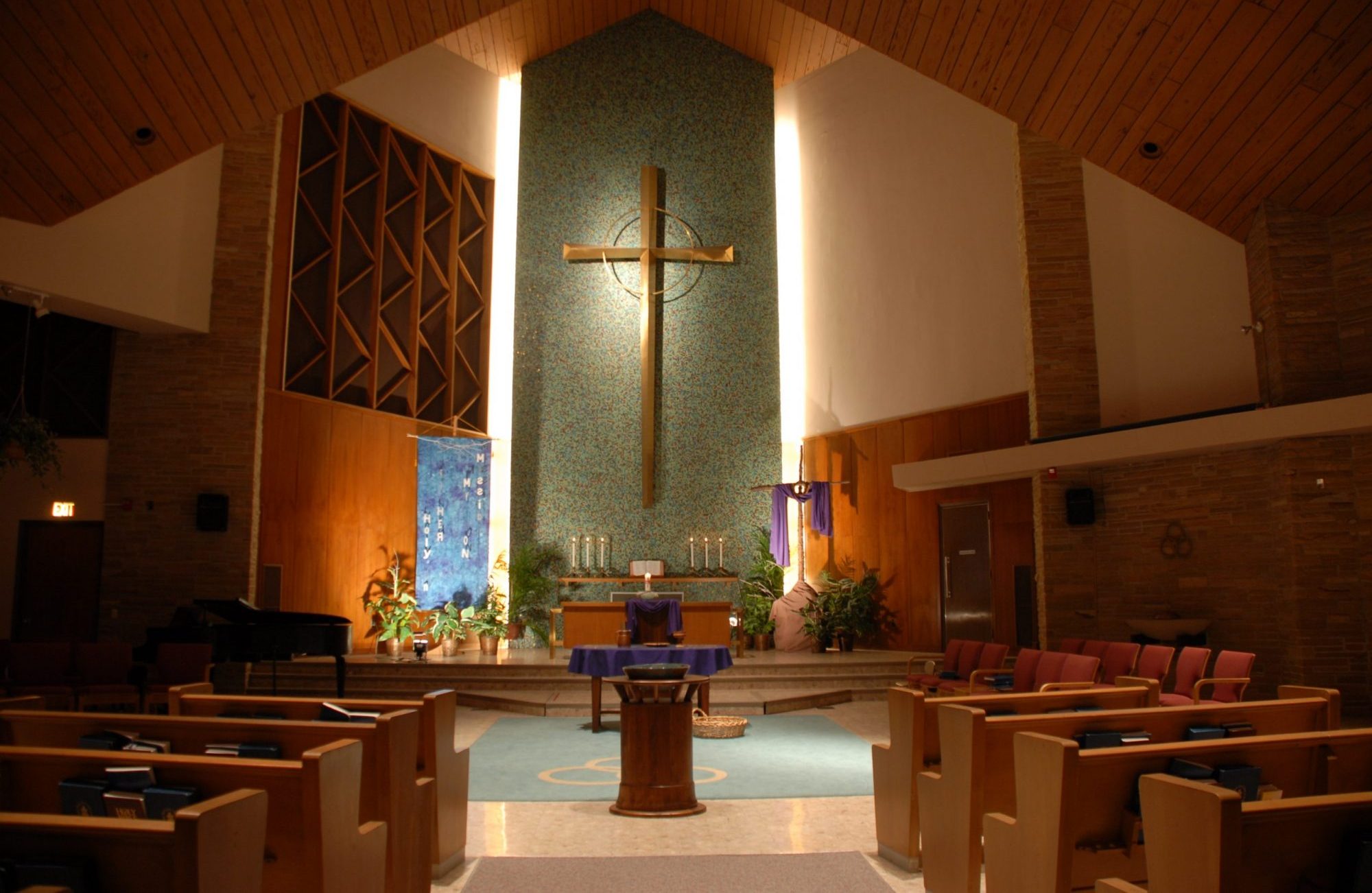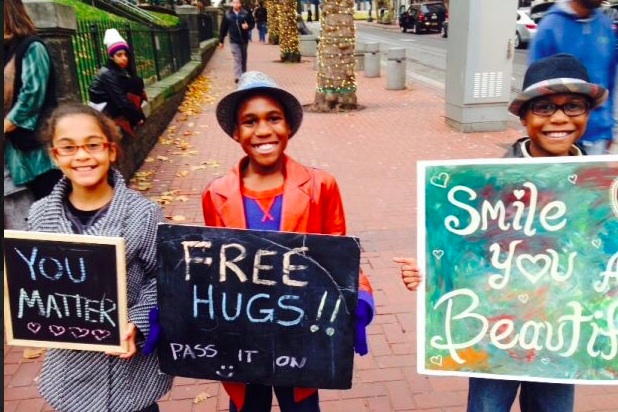Sunday, Oct 2 – Who Are We? and Who is our Neighbor Reports – after worship
In July, we asked you to faithfully give us your answers to a Vitality Survey. We have received the results and are in the process of putting together a report to the congregation after worship on Sunday, October 2, including information from Sharing our Stories and demographic data, defining “Who we were?” and “Who we are?”. Our report will go into some of the values, strengths, and commonalities we saw in both the Trinity and Good Shepherd congregations, as a combined congregation, and what we do well and what we are hungering for now.
During July and August, we also spent a lot of time talking with our neighbors – teachers and the principal at Townsend, local business owners, neighbors on our block, EPiC partners, and other Sherman Park community partners. In September we will spend time compiling those to answer “Who is our neighbor?” – what the strengths of this neighborhood are, where change and growth are needed and hungered for, and some challenges for us as to how can we walk with our neighbors. A report on this second section of our task will follow closely or be included in the “Who are we” report.
Oct 9 (Part 1) and Oct 16 (Part 2)- “Being Church Today” – after worship
Which brings us to our last task – “What is God calling us to do – in this neighborhood at this moment in time?” You have been reading the Book of Acts – the birth of the early Christian church, and we have heard some great thoughts, revelations, and ideas from you. In October, during worship, in conversation opportunities, and take home learning, the Transition Team wants to unpack with you what being Church in the 21st century involves. We invite you to stay after worship for two presentations on “Being Church Today” on Sunday October 9 and October 16.
October 21 and 22 – What is God calling us to do Retreat
At the end of our learning and reporting presentations, we invite you to gather with us for a two day retreat where we will brainstorm together “What is God calling us to do – – in this neighborhood at this moment in time?” Our retreat (within our GST building) is planned for Friday, October 21 from 7-9 pm and Saturday October 22 from 9:00am -3:30pm.
Walking the walk with you, and planting seeds along the way,
GST Transition Team,
Joy Harshberger, Mary Hix, Henry Kranendonk, Vi Hawkins, Kathy Myles, Bev Stribling, Lisa Quinn, and Pastor Wendy Wirth-Brock




